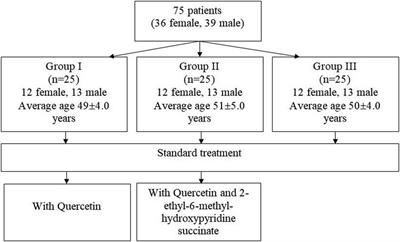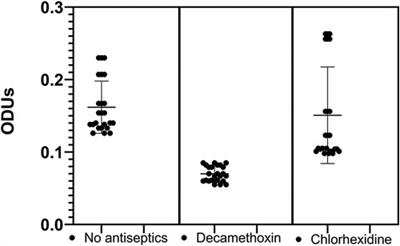EDITORIAL
Published on 21 Feb 2024
Editorial: Odontogenic infection as a complication of dental caries: microbiological and molecular aspects
doi 10.3389/froh.2024.1385026
- 821 views
1,143
Total downloads
4,520
Total views and downloads
You will be redirected to our submission process.
EDITORIAL
Published on 21 Feb 2024
ORIGINAL RESEARCH
Published on 19 Jan 2024

ORIGINAL RESEARCH
Published on 07 Nov 2023

MINI REVIEW
Published on 07 Aug 2023
